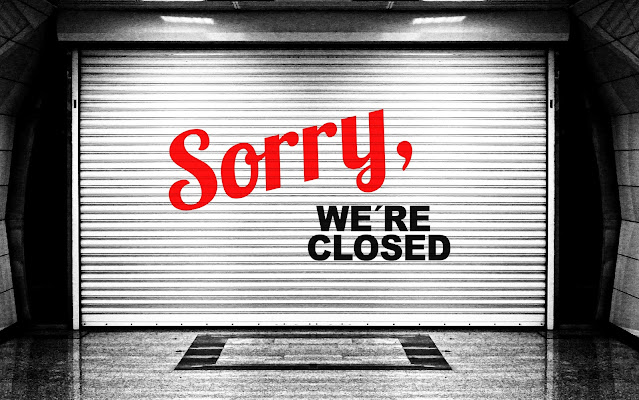Image by Gerd Altmann from Pixabay
If the past couple of years has taught us anything, it's that you need to protect your business against unforeseen events. Here are some of the easiest and most effective ways to start now.
Know Your Legal Rights
Legal problems can be a nightmare for a company. Not only will you incur massive costs. But your good name might be dragged through the mud. Meaning reduced or even stagnant business. Therefore you need to know your legal rights. Given you probably aren't a legally licensed attorney, you should keep a lawyer like the ones at Harrell & Harrell on retainer, to deal with any cases or legal action immediately. It's also helpful to use a specialist practice. For example, a healthcare lawyer knows anything related to medicine and will know specific legal details.
Always Get Insurance
Further to legal counsel, you must get insurance. There are many types of insurance you can use depending on your business. First, of course, you must have employee liability insurance by law. However, other insurance policies are optional. But that doesn't make them any less critical. For example, you might have benefited from specific insurance policies during the height of the COVID-19 pandemic. Or you can cover yourself for loss of income following a natural disaster like a wildfire or earthquake. Consider what you can afford because it might save your company.
Protect Your Business With Health And Safety Rules
Payments to employees because of an accident at work cost billions globally. And slips, trips, and falls account for 30% of all workplace incidents. While you can get specific insurance to cover these accidents, your premiums go up every time your provider has to pay someone. Fortunately, you can severely reduce the chances of an incident by enforcing health and safety rules and making the workplace safer. For example, you can discipline employees for breaking the rules. And install mechanisms like wet floor signs that make the office a bit safer.
Don't Underestimate Security
You might think your business doesn't need security, but it does. Security systems are typically used to keep thieves and criminals out of business. But safety is much broader than that. For instance, security can help prevent incidents between colleagues, which are pretty common. But it can also provide access control to specific areas using biometrics and IDs. These help prevent unauthorized access to sensitive areas. And they can help reduce the chances of corporate espionage, such as stealing development data and accessing future plans.
Backup Data On A Schedule
Data is among the most essential parts of a business in the 21st century. Data can relate to specific company details, which are valuable to your competition. But your company computers will also hold employee and customer data. As a result, if you keep data, you must protect it from criminals and hackers. In addition, personal data often gets sold on the dark web. But you can save data and company systems by backing it up as much as possible. Daily cloud uploads and off-site data storage media in a secure location are recommended.
Summary
You need to protect your business from unforeseen events for many reasons. Some of the best include consulting with lawyers, enforcing health and safety policies, and protecting data.
